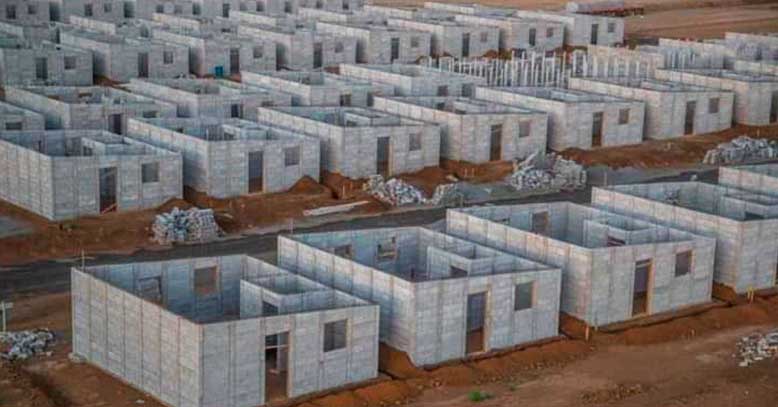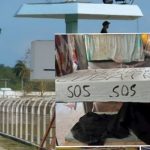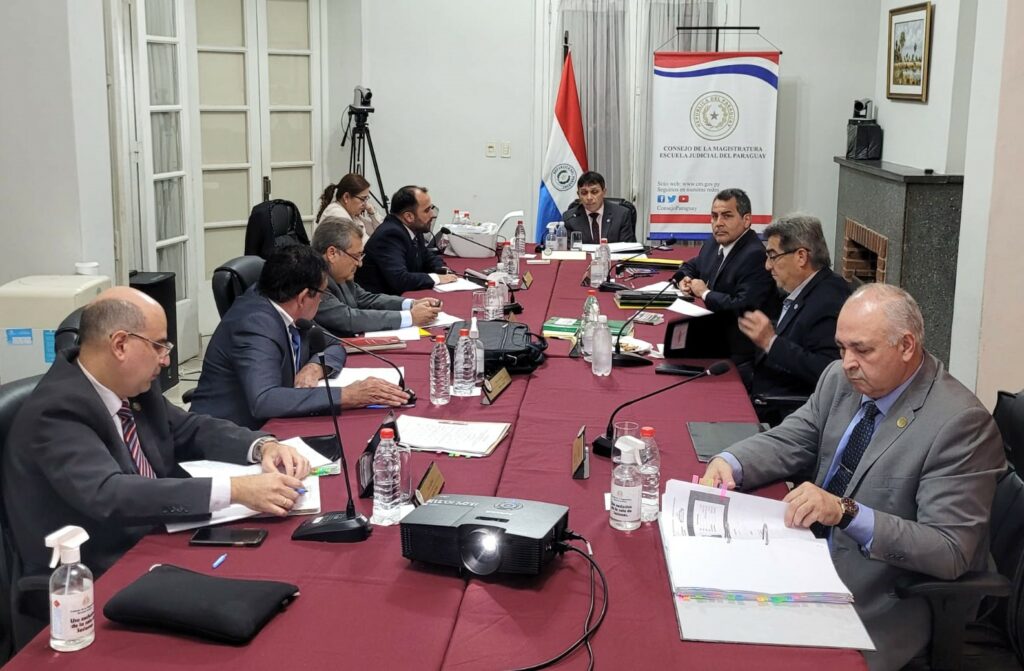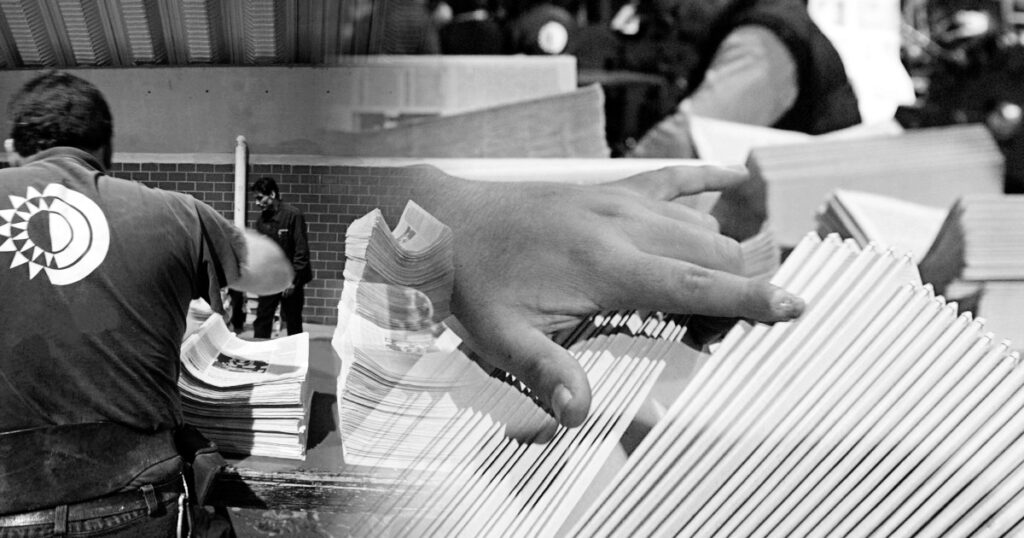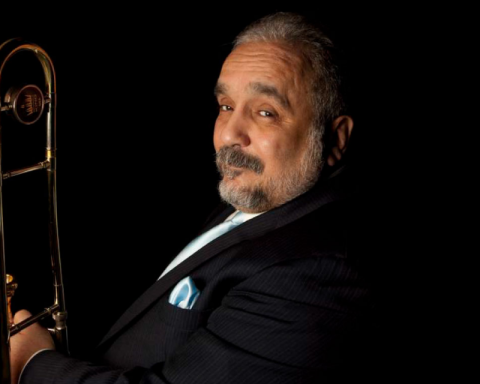Private sector companies have built a little more than 80,000 homes in Nicaragua in the last 20 years, however, this does not even represent 10 percent of the housing deficit, which according to official data already exceeds one million homes in the country.
The data reveals that to cover the current deficit, the country should build at least 648,000 new homes, however, demand only grows by 20,000 units per year, and of that amount, the public and private sectors barely build about 10 thousand houses annually, covering only 50% of the demand.
According to studies by the Inter-American Development Bank (IDB), the percentage of the population that lives in substandard houses or that does not have decent housing reaches 78% in Nicaragua, 67% in Guatemala, 58% in El Salvador, and 57% in Honduras. , 39% in Panama and 18% in Costa Rica.
Related news: Nicaragua has a deficit of almost a million homes, affirms the Urbanization Chamber
In other words, at least 7 out of 10 Nicaraguans do not live in decent housing, which represents, according to the IDB, that more than two thirds of families in Nicaragua, Guatemala, Bolivia and Peru live in substandard housing.
The high housing deficit in Nicaragua is even greater in low-income sectors, since in the absence of public policies aimed at resolving the housing deficit, it has been the population itself, through self-management, but without technical or financial assistance, that has been producing neighborhoods and hamlets in the 153 municipalities of the country.
The economist Francisco Jarquín considered that “resolving the housing deficit, which is one of the highest in the Latin American region, has not been on the agenda of any government in the last 30 years in Nicaragua.”
Houses in Nicaragua need repair
A survey to measure the standard of living carried out in 2014 by the National Institute of Development Information (Inide) reveals that three out of 10 Nicaraguan families lived in inadequate conditions: overcrowding, poor quality housing and insufficient services, which which, almost nine years after that survey, has not changed at all.
The last housing census that Inide itself carried out in 2018, specifies that the housing deficit exceeds 1.36 million homes in Nicaragua.
According to the Chamber of Developers of Nicaragua (Cadur), to meet the housing deficit in Nicaragua, some 957,000 houses are needed, between new and repaired, and it is estimated that more than 50% of the houses that currently exist in the country need basic services. or infrastructure improvements.
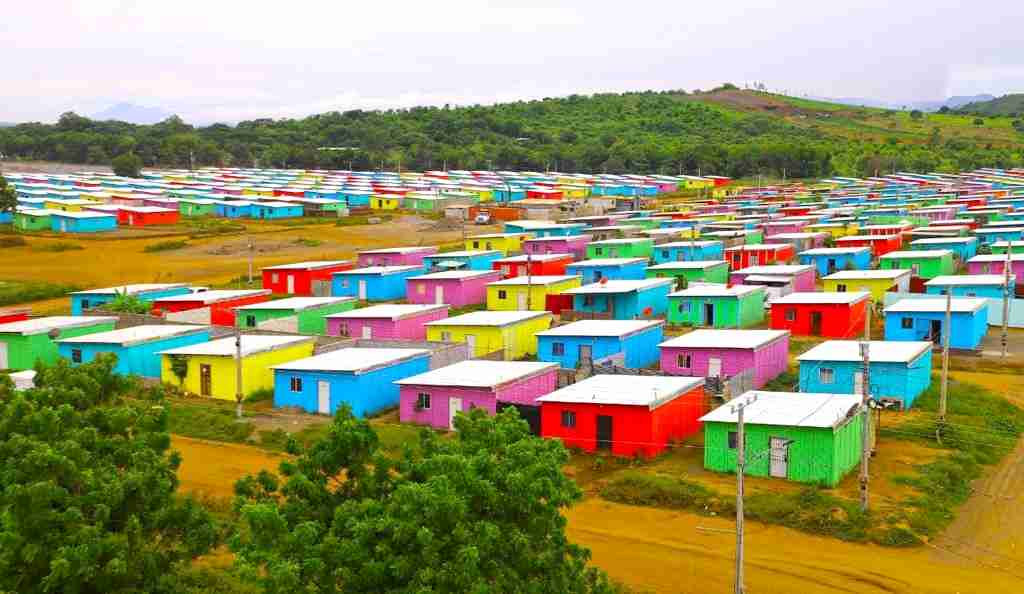
“In the last 10 years we have built 30,000 homes in the private sector, however, we have not managed to reach the level to alleviate the year-on-year deficit. Every year, Nicaragua needs some 20,000 new or improved homes, we have not been able to reach that given the demographic growth and the historical lag that exists in Nicaragua, for 50 years due to various situations in the country and disasters, mainly in Managua,” said Félix Baltodano. , president of Cadur, during the last housing fair held in Managua in November 2022.
Reducing the housing deficit in a country of 6.6 million inhabitants is a challenge for the State and for developers, who year after year set construction and home placement goals, most of them through mortgage loans through four annual fairs.
In the year 2022, the Chamber of Developers exceeded the stated goal of placing some 3,000 homes in Nicaragua.
Houses from 25 thousand dollars
At the Expocasa fair, which is held four times a year, 36 urban projects are exhibited, and the goal of the representatives of the sector is to place 200 homes and more than 1,000 in sales intentions during the two days of the fair.
The 36 urban projects are located mostly in the departments of Managua, Masaya, Granada, Rivas and San Juan del Sur, all in the Pacific of Nicaragua. At that fair, there are offers for social interest houses that do not exceed 25,000 dollars, as well as medium and high costs with values ranging from 70,000 dollars to 200,000 dollars.
Related news: China gives 60 million dollars to Nicaragua for housing
Baltodano revealed that there are also offers for beach houses, “a market that was reactivated at the end of 2021 in the Pacific area, especially in San Juan del Sur, one of the largest tourist destinations in the country.”
“We have seen that the rental and sale prices of houses in these beach areas are improving considerably. We know that there are new projects that are being reactivated with a significant investment, where there is foreign capital,” Baltodano remarked.
By law, Nicaraguans must live with dignity
The Political Constitution of Nicaragua (Article 64) recognizes the right of citizens to decent housing and establishes that the State is the guarantor of this right.
The approval in 2009 of Law 677, “Special Law for the promotion of housing construction and access to social interest housing” was a substantive advance for the regulation of the right to housing.
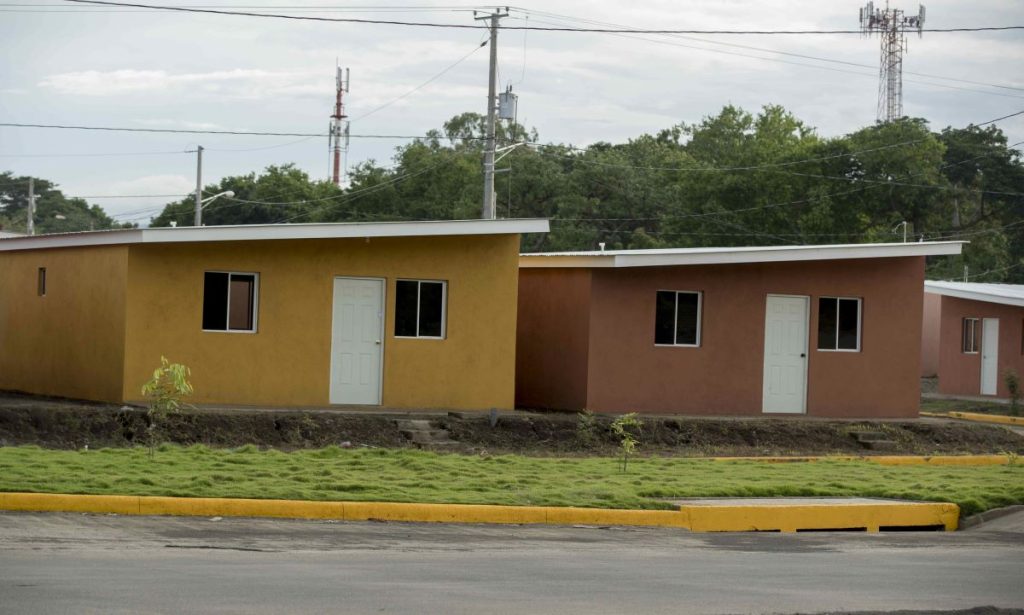
This law constitutes a turning point and an opportunity to tackle the challenge of guaranteeing access to decent housing for the low-income population. “The housing problem in Nicaragua is rooted in the lack of access to urbanized land for the majority of the Nicaraguan population, while the formal supply of urbanized lots is low and adequate land for settlement is expensive,” indicates an analysis of the Network of Housing and Human Settlements in Nicaragua, commissioned by the organization Habitat for Humanity.
In Nicaragua, specialized social organizations have contributed to the social production of housing and the improvement of access to water and sanitation for low-income sectors with the support of international cooperation and through modalities of alliances and associations.
Between 2007 and 2012, specialized organizations contributed to the social production of 12,000 homes in the country, according to data provided by Invur.
By United Voices
